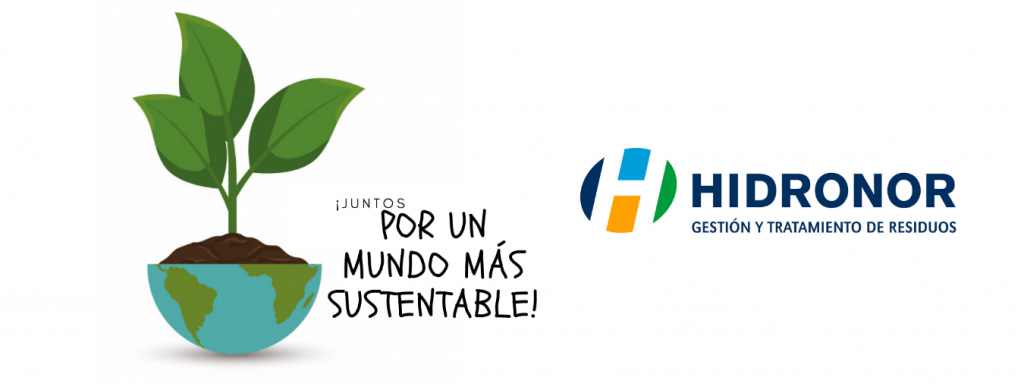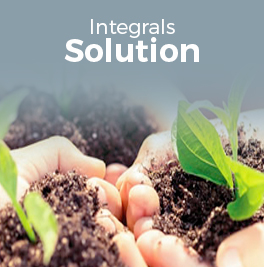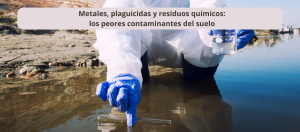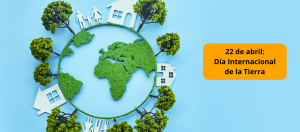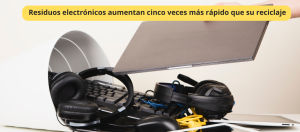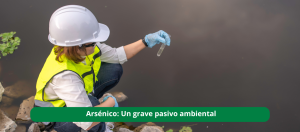We invite you to read the Conquistador radio interview (“Speaking with mining” program) carried out on December 11, 2020 with Jorge Montt, Hidronor Chile general manager, where he exposes some key and relevant issues for the industry in regulatory matters and circular economy during this 2020.
Tell us Jorge, what is the history of Hidronor?
At Hidronor Chile we have been providing waste reception, management and treatment solutions for more than 25 years, serving the large mining industry in the north of our country and large and medium-sized companies in the area.
The solutions that we offer we implement them nationally, and this is a characteristic that stands out as a company dedicated to the treatment and disposal of waste industrial and dangerous.
We get this type of waste from anywhere in the country, and we have three treatment: one of them located in the Antofagasta region (on the way to Calama); a second plant in the Metropolitan Region, in the commune of Pudahuel, and a third in the eighth region, in the commune of Florida. Thanks to this we managed to cover all of Chile, which implies a great responsibility since we receive requests from all over the country, since be it in terms of services, advice, emergencies, educational talks, and a endless activities that make our day to day quite dynamic.
Waste treatment, if It may well be automated, in its initial phase it must be received and must exist approach. How have you handled this issue during the pandemic?
Our activity as company dedicated to the treatment and disposal of hazardous waste is considered by the Ministry of the Interior as of "essential type", and through of special safe-conducts for our staff we have managed to continue operating “almost normally” during this pandemic, which has been a tremendous challenge for Hidronor, but we do it with a lot of enthusiasm because we know that we make a great contribution to the environment and we we remain firm in our commitment to the sustainability of the country.
Regarding the classification of solid waste, which are the most dangerous with which Hidronor deals?
We receive waste containing arsenic, for example, from some foundries. This is a complex component and extremely harmful to people's health. We also environmentally remedy some environmental liabilities of some companies, such as hydrocarbon storage tanks that were not properly sealed and over time have been permeating part of the material to the ground. We take care of remediating that contaminated land, we treat it and we dispose of it. This happens to us frequently in the north of the country.
Today there are countless debates taking place in the regulatory framework. From that point, what is the challenge that Hidronor sees in this instance?
From the regulatory point of view we have an issue that hits all the companies that are dedicated to this work, given that in Chile we have been adopting protocols from the OECD countries for several years that force us to “wear long pants”, and That obligation is at the industry level. This will imply that all companies dedicated to environmental issues have to catch up, invest, and be at the forefront in research and development. They will have to contribute and get on the bandwagon of the circular economy because that is what the agreements and alliances that we have made at the OECD level will finally demand. It seeks to "force" the industry to upgrade in terms of its process and quality standards, and that is why the field of research and development in this matter is so important, since there are so complex waste that many times they have to be analyzed. in laboratories like ours and carry out traceability tests to validate that the one that is implemented is effective and reduces the danger, and in that sense, at Hidronor Chile we are committed to continuing with research and development of new types of treatment.
How do you see these amendments to the law that seek to make the person who emits them responsible for waste, and with respect to the value chain around Hidronor's activities, not only in waste treatment but also in terms of the recovery of some from them?
The first thing we declare is that Hidronor is part of the solution and not the problem, since our business is to do just an environmental good. We take the waste generated by industries and mining companies, which are referred to us for subsequent treatment and final disposal in a safe way.
This raises us a tremendous responsibility since it implies having sanitary authorizations and to be able to take part of this waste that reaches us and reuse them in some specific applications.
For example in Hidronor we receive used oils, lubricants, solvents and disused paints, and those residues, through a process that requires studies, testing and error (but that we have already had in practice for many years), they become finally in oils that serve as alternative fuel. This is economics pure circular, because we receive residues that in the past would have solidified and taken to our security deposit, but now we take this residue, it we mix, filter and transform it back into a fuel, so returns to the productive cycle.
The work that Hidronor does is very important to be able to make production processes sustainable, contribute to the circular economy, and meet these requirements at the national level.

